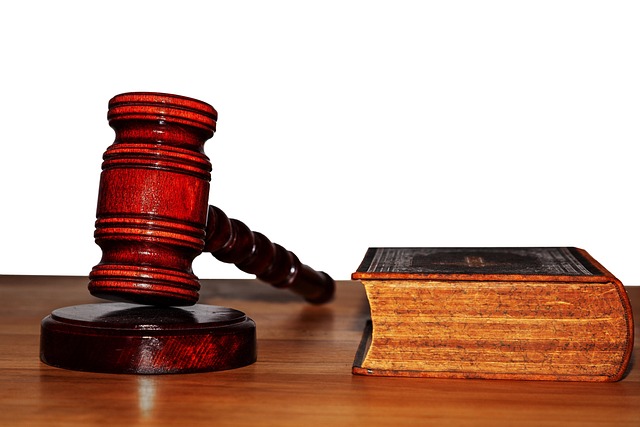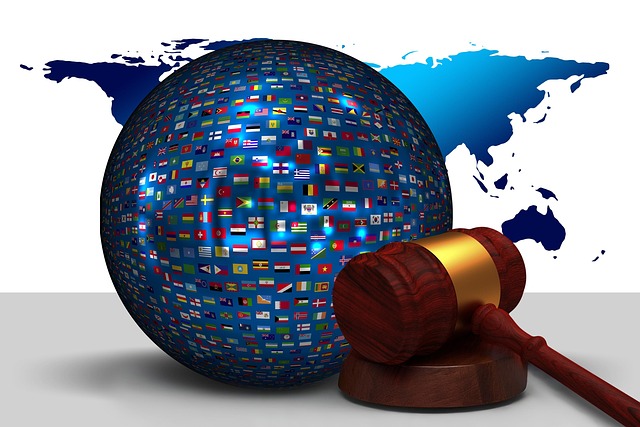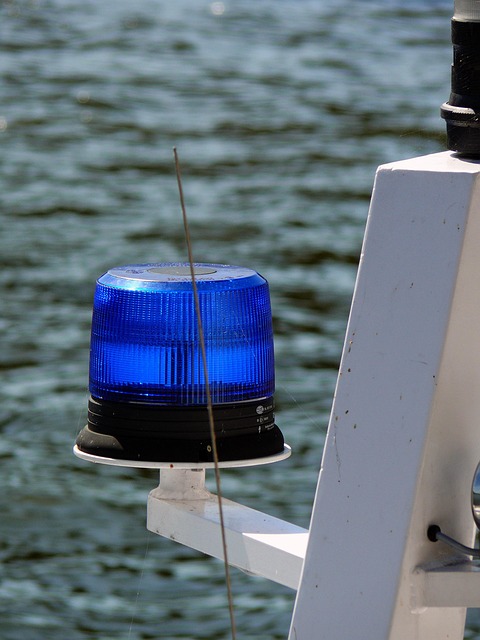Environmental Crime Trials pose unique legal challenges, often involving complex intellectual property (IP) disputes. Lawyers specializing in IP disputes are crucial for navigating the interplay between environmental protection and proprietary rights. They guide clients through investigations and trials, offering expertise in ambiguous laws, evidence gathering, and strategic arguments to protect client rights and promote sustainable practices. With recent high-profile cases setting precedents, these lawyers play a pivotal role in achieving justice for environmental crimes, ensuring intellectual property is safeguarded while addressing transgressions.
“Uncover the impact of environmental crime trials, where legal battles safeguard our planet. This comprehensive guide explores the intricate world of ecological justice through a lens of international law. From understanding complex cases to the vital role of lawyers specializing in intellectual property disputes, each section unravels a crucial aspect. Discover how notable trials have set precedents and what future strategies are shaping environmental protection efforts globally.”
- Understanding Environmental Crime Trials: A Legal Perspective
- The Role of Lawyers in Environmental Disputes
- Intellectual Property and its Connection to Environmental Cases
- Case Studies: Notable Environmental Crime Trials
- Preventive Measures and the Future of Environmental Justice
Understanding Environmental Crime Trials: A Legal Perspective

Environmental Crime Trials present unique challenges within the legal system, requiring specialized knowledge and strategies. These trials involve prosecuting individuals or corporations accused of violating environmental laws, regulations, and standards, often leading to complex intellectual property disputes. A lawyer for Intellectual Property Disputes plays a pivotal role in these cases, as they navigate the intricate interplay between environmental protection and proprietary rights.
Understanding the nuances of environmental legislation and its potential impact on business operations is crucial. Defense strategies often focus on avoiding indictment by presenting robust evidence of compliance with regulations, demonstrating due diligence, and showcasing responsible corporate behavior. Across the country, successful challenging defense verdicts have been achieved through meticulous legal arguments, expert witness testimony, and a thorough examination of the facts.
The Role of Lawyers in Environmental Disputes

Lawyers play a pivotal role in environmental disputes, guiding clients through complex legal landscapes to achieve favorable outcomes. Their expertise is crucial for navigating the intricate web of regulations and standards aimed at protecting our planet. From initial investigations to high-stakes jury trials, these legal professionals ensure that all stages of the investigative and enforcement process are handled with precision and strategic acumen.
In environmental crime cases, a Lawyer for Intellectual Property Disputes can be instrumental in crafting winning challenging defense verdicts. They possess the skills to interpret ambiguous laws, gather compelling evidence, and build robust defenses. By understanding the unique challenges posed by environmental issues, these attorneys can develop innovative strategies, ensuring their clients’ rights are protected while promoting sustainable practices.
Intellectual Property and its Connection to Environmental Cases

In recent years, the intersection of intellectual property (IP) and environmental law has gained significant traction in legal circles. As more cases involve corporate entities accused of environmental crimes, such as pollution or ecological destruction, the role of IP becomes critical. A lawyer for Intellectual Property Disputes is increasingly involved in these complex cases, where they must navigate the intricate web of patent, copyright, and trademark laws alongside environmental regulations.
The connection between IP and environmental cases lies in the fact that many controversial practices involve misappropriation or misuse of proprietary knowledge and technologies. For instance, a company might use patented methods to develop products harmful to the environment, or they could infringe on another’s intellectual property while engaging in illegal logging or deforestation. Achieving extraordinary results in these trials requires a deep understanding of both legal domains. The lawyer must protect their clients’ rights while ensuring that justice is served for environmental transgressions, catering to both corporate and individual clients.
Case Studies: Notable Environmental Crime Trials

In recent years, several high-profile trials have brought environmental crimes to the forefront, setting precedents for justice and accountability. One notable case involves a lawyer for intellectual property disputes who successfully represented plaintiffs in a landmark suit against a major chemical corporation. The company was found liable for decades of pollution, with the trial highlighting the devastating impact on local communities and ecosystems. This unprecedented track record of victory demonstrates the power of legal action in addressing environmental injustices.
Another compelling example is the prosecution of an international logging conglomerate, where a team of environmental advocates and lawyers for intellectual property disputes collaborated to expose illegal deforestation practices. The trial, spanning multiple countries, resulted in significant fines and a shift in industry standards. This case showcases how legal strategies can be instrumental in deterring corporate offenders, protecting natural resources, and upholding environmental regulations—especially in high-stakes cases where the consequences are far-reaching.
Preventive Measures and the Future of Environmental Justice

Environmental crime trials play a pivotal role in upholding ecological balance and justice. By examining cases like these, we gain insights into the intricate web of legal, environmental, and intellectual property issues. Lawyers specializing in intellectual property disputes often find themselves at the forefront of these cases, navigating complex regulations to ensure accountability. The case studies presented highlight successful prosecutions that have set precedents for future environmental justice. Moving forward, preventative measures and robust legal strategies are essential to addressing environmental crimes effectively, fostering a sustainable and equitable future.






